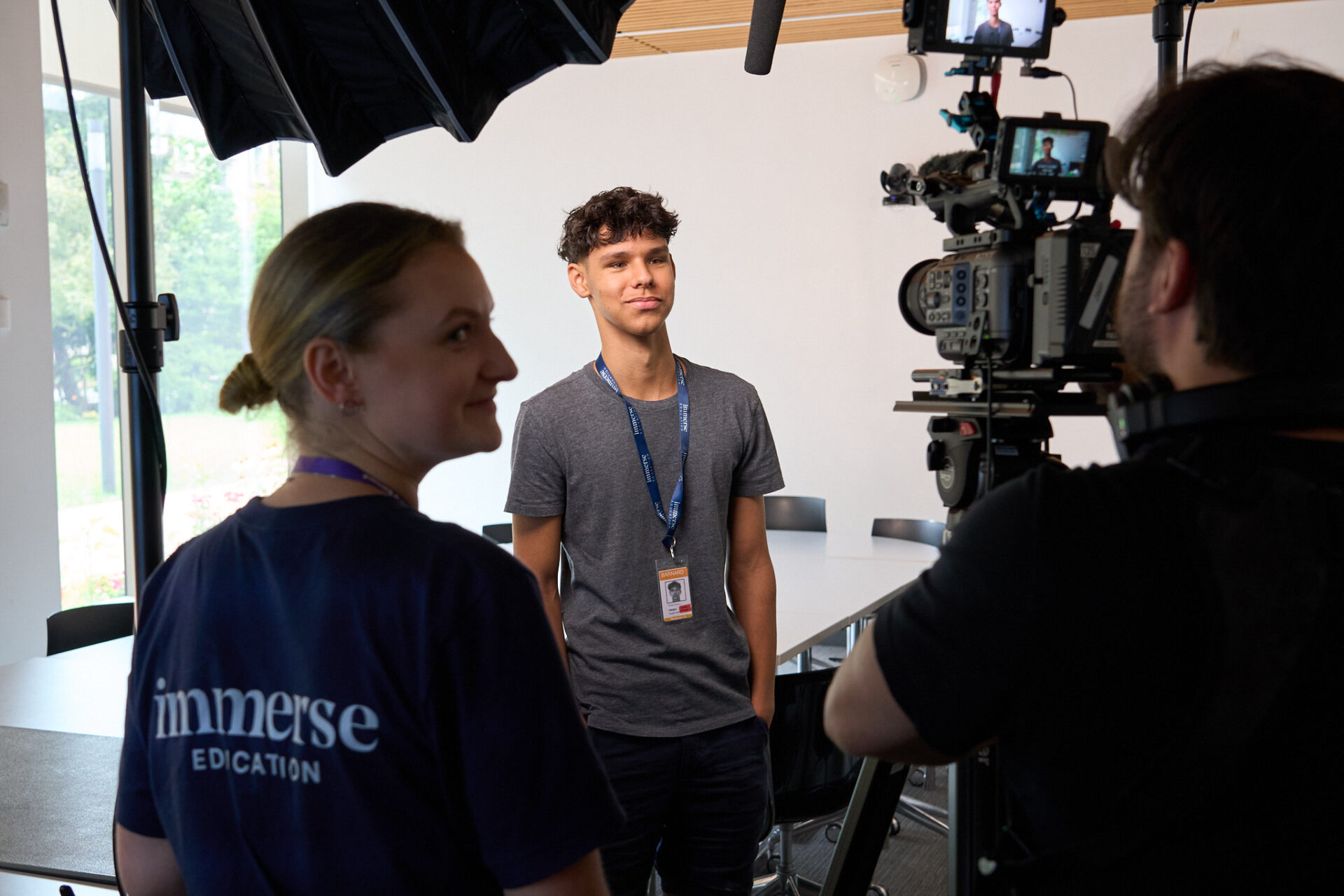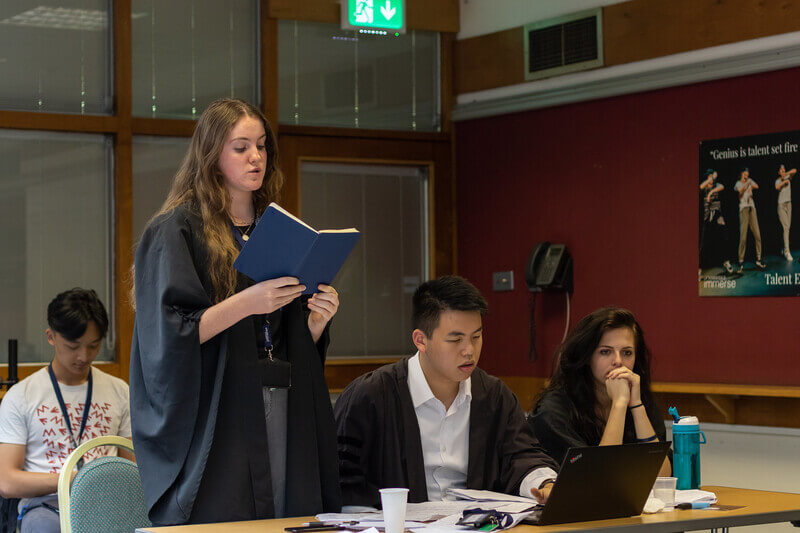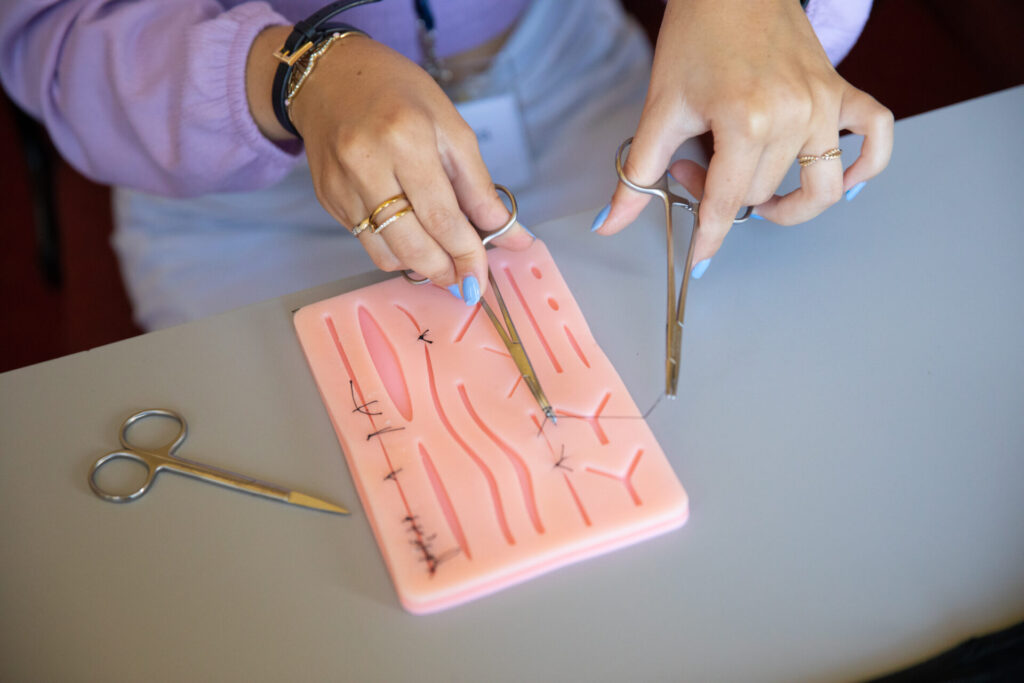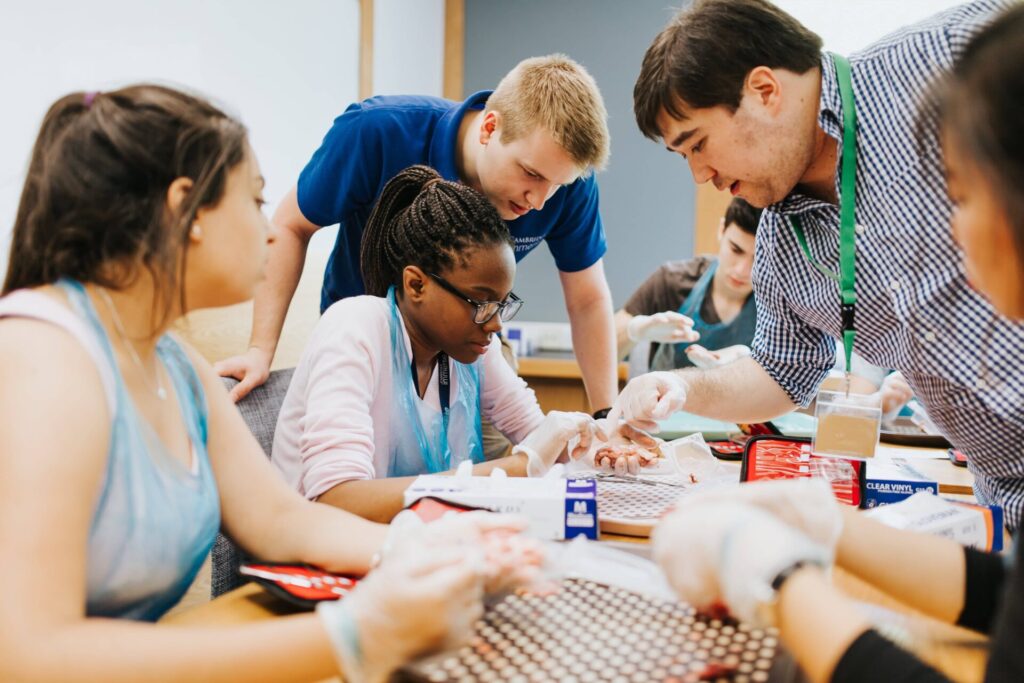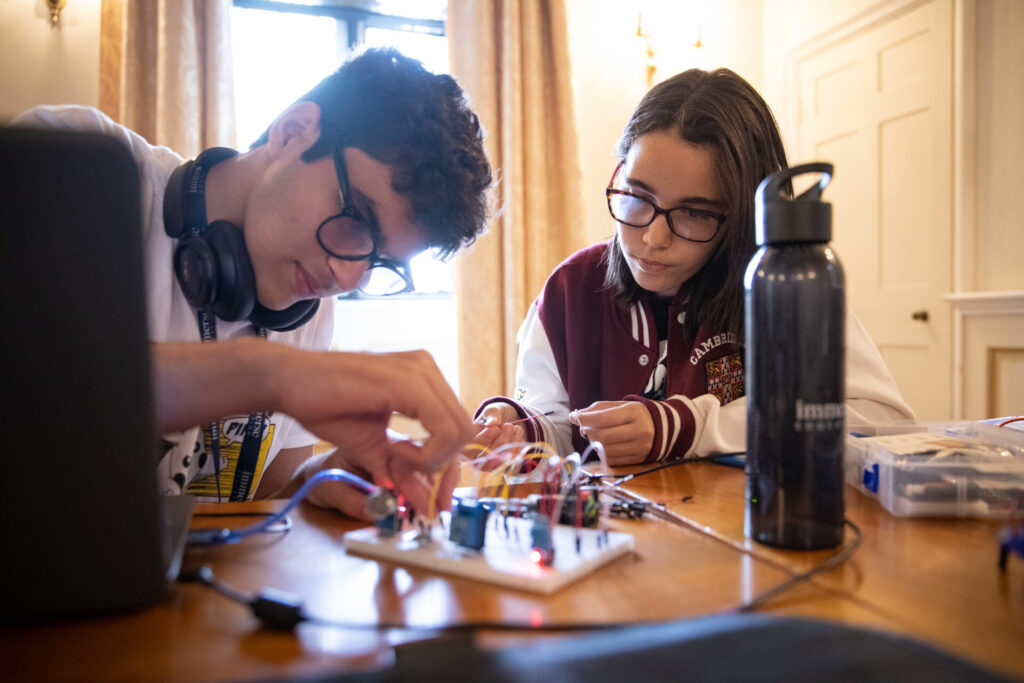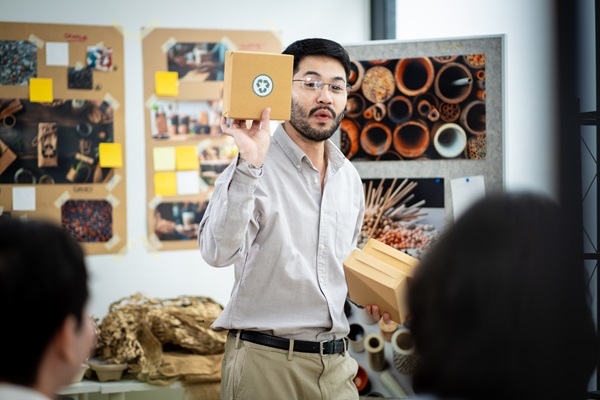For Year 12 students with a passion for storytelling, writing, or uncovering the truth, journalism work experience can be the first step towards a career in media. Whether you dream of being a journalist for a major newspaper, creating impactful documentaries, or becoming a digital media expert, work experience provides insight into the world of journalism and equips you with the tools to succeed.
Here’s everything you need to know about journalism work experience in Year 12. From who should apply to where to find placements, this guide will help you kickstart your journalism career.
Who Should Apply for Journalism Work Experience in Year 12?
Do you love writing stories, expressing opinions, or staying on top of current events? If you feel a strong pull toward communication, media, or publishing, you’re an ideal candidate for journalism work experience in Year 12.
This is particularly suited to students with an interest in:
- Creative writing or playing with words to create compelling narratives.
- Media studies and understanding how different platforms present information.
- Public speaking and engaging with audiences.
- Photography or videography, which are crucial for visual storytelling.
- Critical thinking and dissecting events or debates to uncover the truth.
- Politics and international relations, exploring how journalism shapes and reflects political landscapes globally.
If your favourite subjects include English, Politics, Media Studies, Sociology, or History, pursuing work experience in this field might solidify your interest. Even if you’re unsure of what part of journalism interests you most, exploring the industry early allows you to discover new career paths like investigative reporting, broadcasting, or digital marketing.
What Happens During Journalism Work Experience for Year 12 Students?
Most journalism work experience placements are designed to introduce young people to the basics of journalism while showing them what life in a newsroom or media agency is all about. While every placement differs slightly depending on the company, here’s an idea of what to expect:
Typical Tasks
- Writing Features or Articles
During your placement, you may be asked to draft short pieces, participate in brainstorming sessions, or contribute to blog posts or newsletters. - Editing and Proofreading
You’ll learn the importance of detail as you proofread articles for typos or edit stories for accuracy and clarity. - Research
Gather information for articles by exploring archives, reviewing sources, or conducting interviews with professionals. - Social Media Content Planning
Engage with digital storytelling by helping create posts for Twitter, Instagram, or other media platforms. - Shadowing Journalists
Observe professionals at work, from writing articles to chasing breaking news stories or preparing for on-air segments.
Work Environment Exposure
Being in a newsroom or media environment is an experience in itself. Whether it’s a fast-paced broadcast studio or a quieter editorial office, you’ll see how journalists collaborate, communicate, and work under deadlines.
Workshops or Training Sessions
Some companies offer interactive workshops, such as headline writing challenges, introductions to design software, or public speaking exercises. These hands-on lessons make learning practical and fun.
How Journalism Work Experience in Year 12 Prepares Students for a Media Career
A career in journalism requires versatility and a well-rounded skill set, and work experience helps you gain that foundation.
Transferable Skills
- Written Communication
Learn to convey stories succinctly and clearly, a skill valued in many careers beyond journalism. - Empathy and Insight
Connecting with sources and understanding multiple perspectives trains you to think critically and with compassion. - Time Management
Meeting deadlines and balancing multiple assignments during your placement builds time-management skills. - Problem-Solving
Handling real-world challenges like finding reliable sources or reworking stories pushes you to be resourceful. - Digital Expertise
Many placements offer experience with blogging platforms, design tools, or video editing software.
Networking Opportunities
You’ll meet experienced journalists and media professionals who can offer career advice and guidance. Walking away with contacts in the field can help with future applications or internships.
Industry Insights
From understanding how a publication is run to learning about ethics in journalism, you’ll leave your placement with a clear view of what it takes to succeed in this field.
Join the Immerse Education 2025 Essay Competition
Follow the instructions to write and submit your best essay for a chance to be awarded a 100% scholarship.

Why Completing Journalism Work Experience in Year 12 Is Worth It
Wondering if it’s worth taking time out for work experience? Here are some reasons why it’s invaluable for aspiring journalists:
Clarify Your Career Goals
Work experience can confirm your passion for journalism or lead you to explore niche areas like investigative reporting, magazine editing, or documentary filmmaking.
Strengthen University and Job Applications
Hands-on experience at this stage makes a great addition to your personal statement, CV, or future internship applications. It demonstrates responsibility and a proactive attitude.
Boost Confidence
Entering a professional environment early on prepares you to handle similar experiences after school and makes interviews or internships less intimidating.
Personal and Professional Growth
By tackling new challenges, you’ll develop key traits like adaptability, resilience, and creativity. Every new skill learned builds toward your overall development.
Where to Find Journalism Work Experience Opportunities for Year 12 Students
Finding work experience placements doesn’t need to be stressful. Here are some tips to locate opportunities:
School Resources
Your school or college’s career advisors can help connect you with newspapers, broadcasters, or media companies offering placements.
Online Platforms
Websites like Journalism Diversity Fund, LinkedIn, or Springpod often list work experience programs for young people. Explore virtual journalism programs if in-person options aren’t available.
Media Companies
Research newspapers and broadcasters such as The Guardian, BBC, or local publications. Many have programs for young writers or media enthusiasts. Look under their career pages or reach out directly via email.
Local Publications
Reach out to smaller newspapers, magazines, or radio stations in your area. They’re often more accessible and eager to support upcoming talent.
Networking
Ask family members, teachers, or friends if they know someone working in the media. Personal connections can help you access exclusive or undisclosed opportunities.
Journalism Workshops or Summer Schools
Programs hosted by organizations like the National Council for the Training of Journalists (NCTJ) or similar offer structured and immersive insights into the field.
Journalism & Media Career Insights Programmes at Immerse Education
On our two-week Media & Journalism Career Insights programme, you’ll go beyond the classroom and step into real newsrooms, media studios and content agencies — experiencing the full spectrum of modern journalism first-hand.
Write and pitch your own opinion piece at The Guardian Foundation, where you’ll be guided through the structure, tone and research process of high-impact journalism. At News Associates, the UK’s top NCTJ-accredited journalism school, you’ll get behind the mic in a professional studio, writing and presenting your own news bulletin using an autocue, with personalised feedback from working journalists.
You’ll also explore the booming world of media and advertising with a behind-the-scenes visit to Manning Gottlieb OMD, where you’ll learn how storytelling shapes content creation for global brands. Former BBC journalist Simon Hall will lead a high-energy newsroom simulation, testing how you think on your feet as breaking stories develop — plus offering career advice and industry insights in a live Q&A.
At Framestore, the Oscar-winning visual effects studio behind everything from Marvel films to cutting-edge ad campaigns, you’ll get a glimpse into the crossover between media and immersive storytelling through an interactive VFX and marketing workshop. And at The Kia Oval, you’ll tour the press room, commentary box and media zones of one of the UK’s most iconic stadiums, gaining insight into sports journalism and commercial broadcasting.
Each experience is complemented by skill-building workshops and creative challenges designed to help you think, write and speak like a journalist — preparing you for whatever direction your future media career takes.
Relevant Journalism Programs or Workshops for Aspiring Students
If you’re looking to deepen your understanding of journalism, participating in workshops or structured programs is a great idea. Opportunities can fill up quickly, so it’s worth exploring them early. Some examples include:
- The BBC Young Reporter Scheme
This program offers storytelling projects and specialist mentoring, giving participants insight into how BBC reporters work. - News Academy (by The Times and The Sunday Times)
This initiative includes hands-on training, panel discussions, and the chance to submit articles for professional critiques. - Channel 4 Work Experience
Channel 4’s virtual 4Skills programme is open to anyone aged 14 and above and provides in-depth insight into the UK media industry, including journalism. Participants gain experience in newsrooms, media production, and editorial decision-making. It’s a broad media experience, but journalism is a core focus.
Crafting a Standout Application for Journalism Work Experience in Year 12
Journalism work experience placements can be competitive, so a strong application is key. Here’s how to get noticed:
- Tailor Your CV
Highlight your strengths, such as writing awards, editorial roles (school newspaper or blog), and relevant soft skills like communication. - Write an Engaging Cover Letter
Express your passion for journalism. Mention why the placement interests you and include examples of independent projects or work that showcase your talent. - Create a Portfolio
Compile writing samples, school articles, or photos/videos demonstrating your capabilities ahead of time. - Prepare for Interviews
Research the organisation, practice speaking about your aspirations, and have a clear view of what you hope to gain from the placement. - Always Follow Up
After applying or interviewing, send a polite thank-you email, reinforcing your enthusiasm.
Take the First Step Toward a Career in Journalism
Journalism work experience in Year 12 gives you an edge in understanding the field, honing key skills, and building your story. Whether you’re crafting headlines, navigating newsroom dynamics, or networking with professionals, each experience adds value to your career goals. Don’t wait. Start searching for opportunities today and take that first step toward a dynamic, rewarding career in journalism!
FAQs
What’s the difference between journalism work experience and internships?
Journalism work experience is typically much shorter, lasting a few days to a week, and gives you a broad insight into how the field operates. You may shadow journalists, observe newsroom activities, or assist with basic tasks. Internships, in contrast, involve weeks or even months of immersive, hands-on experience, where you’ll take on more significant responsibilities, such as writing articles or conducting interviews. By joining Immerse Education, you’ll gain practical experience through activities inspired by real internships across different roles within media and journalism.
Where can I do journalism work experience in Year 12?
You can explore opportunities at local newspapers, online publications, or radio stations. Many smaller outlets, blogs, or community media platforms are open to supporting students. Don’t forget to check if your school has connections with media organizations or offers programs linking students to work placements.
Can I complete journalism work experience online?
Yes, numerous platforms now provide virtual experiences in writing, editing, and journalism research. The Immerse Online Research Programme is particularly suitable for aspiring journalists, with subject options like Creative Writing, Law, and International Relations. These programmes offer opportunities to develop research, storytelling, and critical thinking skills in a flexible, online setting.
What roles in journalism can I explore during Year 12 placements?
Year 12 placements can expose you to roles such as reporting, article writing, editing, photography, content creation for digital platforms, and even investigative journalism. These roles not only highlight a variety of career paths but also allow you to develop sector-specific skills in each area.
How do I include journalism work experience on my CV?
Highlight practical skills such as research, creative writing, time management, and collaboration. Mention specific tasks, like writing published articles or developing content strategies. If you’ve been involved in team projects or interviews, detail your contributions. For step-by-step advice, take a look at our guide on How to Add Work Experience to Your CV.





